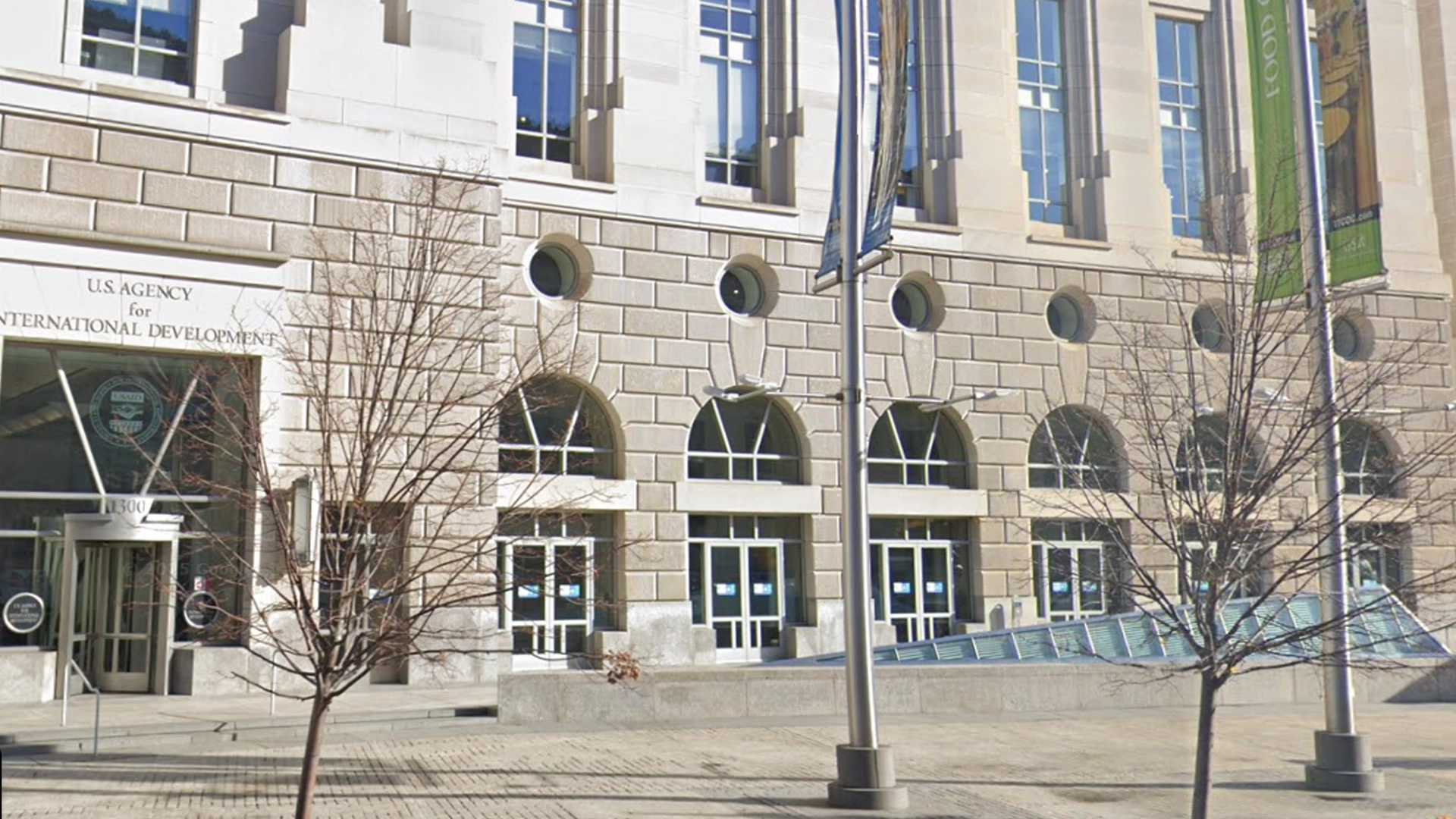Federal judge certifies class of USAID employees suing Elon Musk and government over agency shutdown
Greenbelt, MD — A federal judge has granted class certification for current and former U.S. Agency for International Development (USAID) personnel suing Elon Musk and top government officials over the agency’s controversial shutdown, clearing the way for a sweeping constitutional challenge to proceed on behalf of thousands of impacted employees and contractors.
The lawsuit, brought by six anonymous plaintiffs who worked at USAID, alleges the Biden-era agency was unlawfully dismantled under the Trump administration beginning in January—allegedly at the direction of Musk, who is accused of acting as a de facto federal official through the newly created Department of Government Efficiency (DOGE).
Plaintiffs claim the shutdown violated the Constitution’s Appointments Clause and Separation of Powers doctrine, arguing that major federal restructuring decisions can only be made by properly appointed officers with congressional oversight.
In a 25-page ruling issued Monday, U.S. District Judge Theodore D. Chuang certified a modified class of plaintiffs consisting of all U.S. citizens and USAID personnel working within the United States between January 27 and the present. The class includes civil service workers, foreign service employees, and personal services contractors—excluding foreign nationals working overseas, who the court found lacked standing to assert constitutional claims.
At the heart of the case is a March memo from a high-ranking DOGE official, Jeremy Lewin, announcing “USAID’s Final Mission” and notifying agency staff that most positions would be eliminated. Personnel were told their jobs would end on July 1 or September 2 as the agency’s operations were transferred to the State Department.
The court found that the plaintiffs presented common legal questions suitable for classwide resolution, including whether Musk directed the shutdown and whether those actions were legally permissible under the Constitution. The judge also found that the shutdown affected all USAID workers similarly, making them eligible for potential relief if the plaintiffs succeed.
While the judge declined to create subclasses at this time, he left the door open to do so later, particularly if plaintiffs seek specific remedies for different categories of workers. For now, the class will move forward collectively to challenge the legality of dismantling USAID without explicit congressional approval.
Defendants, including Musk, the DOGE, the State Department, and multiple senior officials, opposed class certification and argued that many USAID personnel were not harmed or had no standing. The court rejected those arguments, noting that the agency-wide shutdown plan affected all staff regardless of classification.
The court emphasized that class certification did not resolve the merits of the case, but confirmed that the legal issues raised are appropriate for collective adjudication.
Key Points
- A federal judge has certified a class of current and former USAID workers challenging the agency’s shutdown as unconstitutional.
- Plaintiffs allege Elon Musk unlawfully directed the dismantling of USAID through a new federal office.
- The court found common legal questions suitable for classwide resolution and excluded only foreign nationals abroad from the class.
Thousands of USAID workers can now fight back together in court over a shutdown they say was sparked by Musk and carried out without legal authority.
